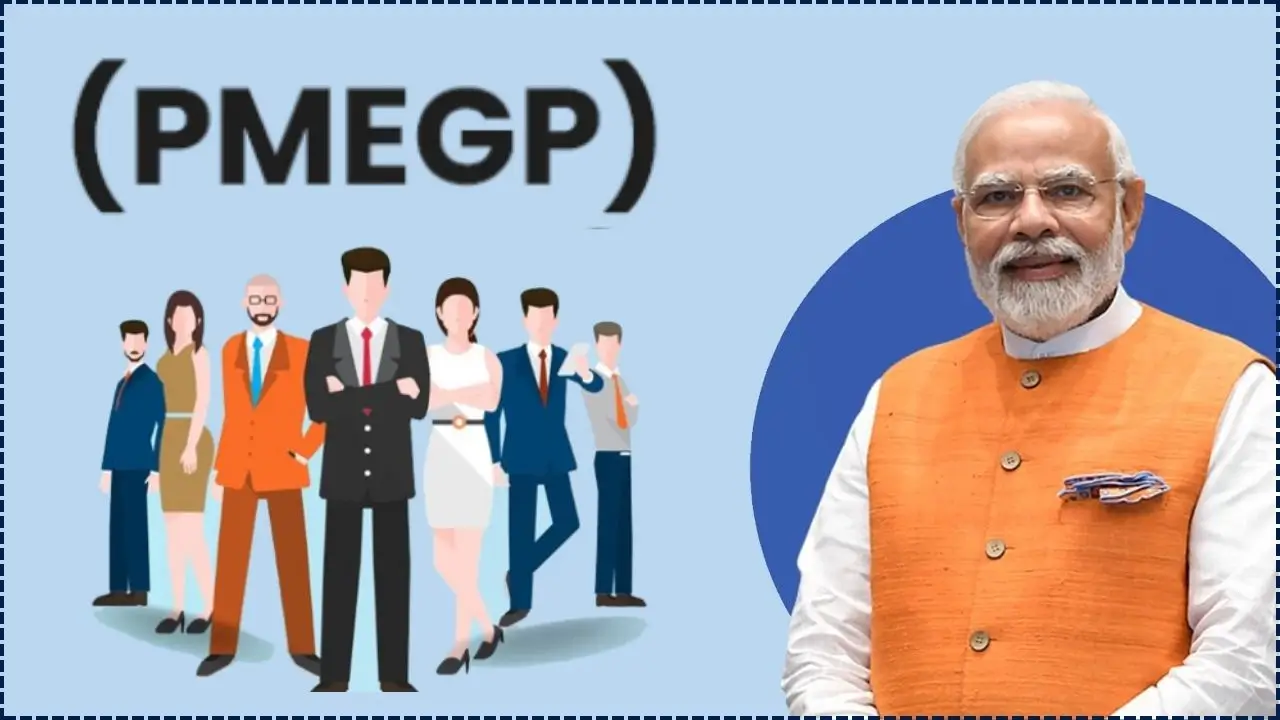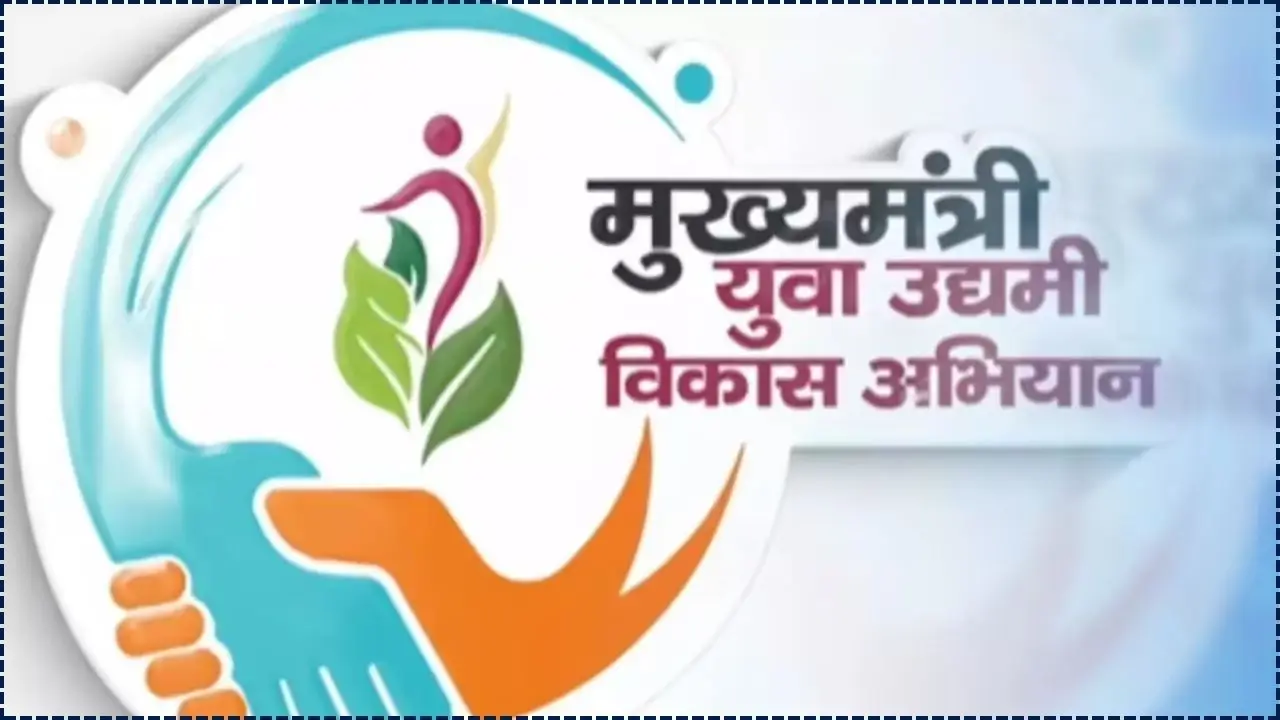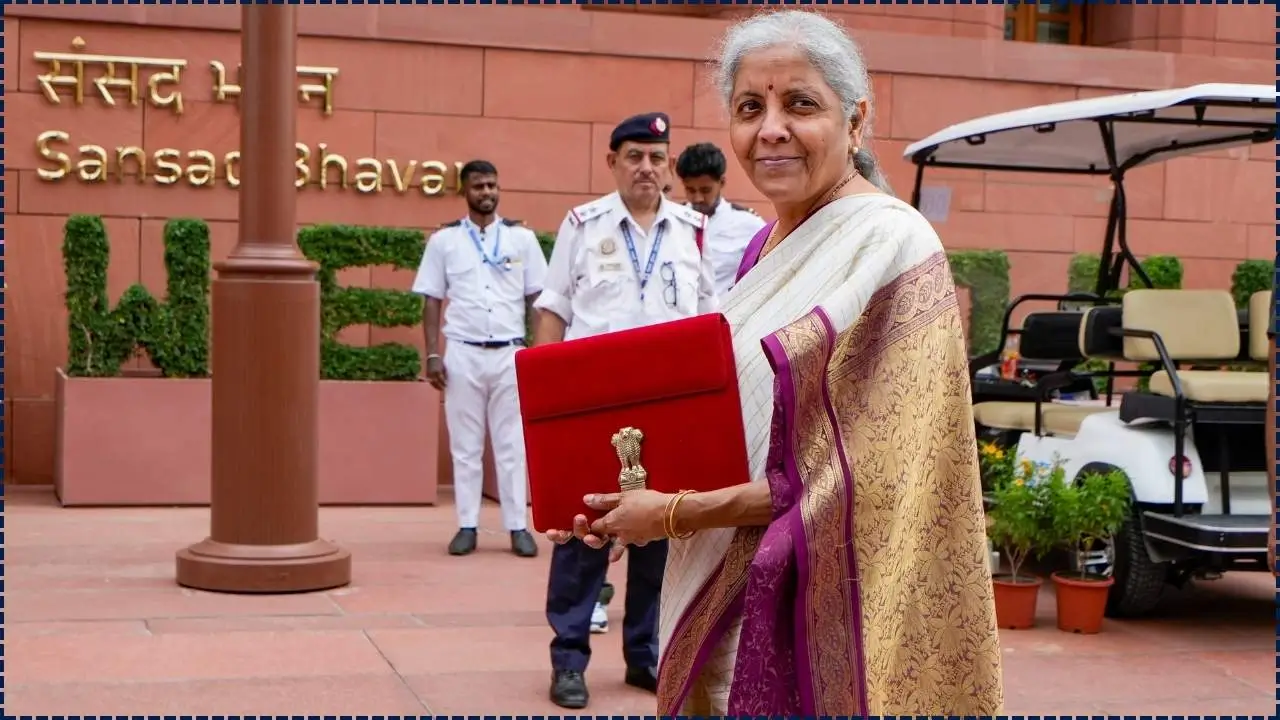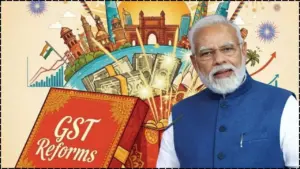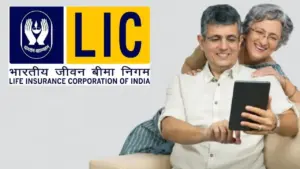In a bold step towards enhancing the mobility and safety of women, the Delhi government has introduced the Free Public Transport Scheme for Women. This initiative aims to provide free travel on all Delhi Transport Corporation (DTC) and cluster buses for women and transgender individuals, allowing them to move freely and safely across the city.
The move is seen as an effort to promote gender equality, ensure safe mobility, and empower women by offering greater access to education, jobs, and public services. Here’s everything you need to know about the scheme.
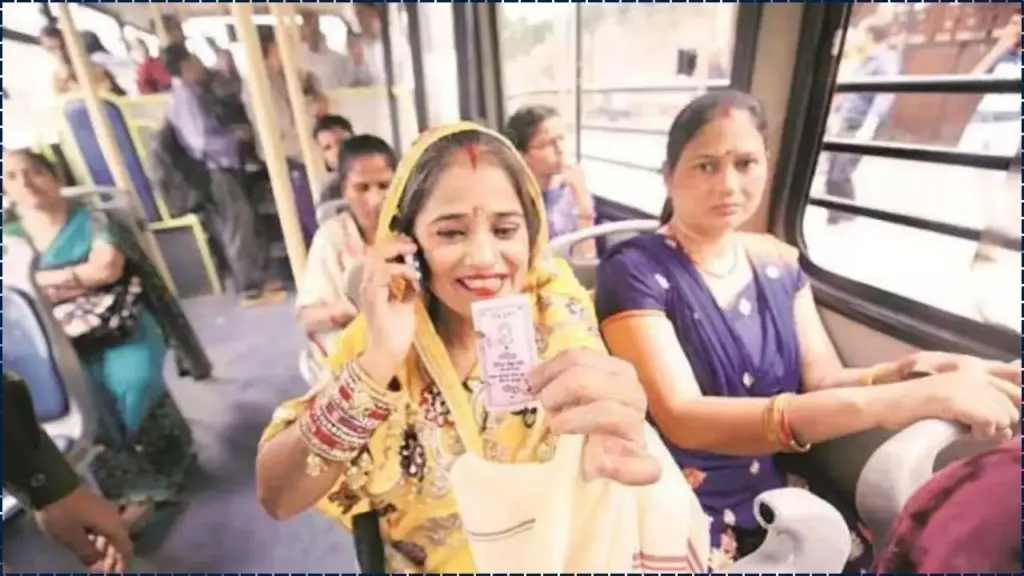
The Delhi Government’s Free Public Transport Scheme for women is a bold initiative aimed at promoting gender inclusivity, empowering women, and improving accessibility to public services. With free travel on DTC and cluster buses, women are no longer restricted by transportation costs, allowing them to contribute more actively to the workforce, educational pursuits, and other sectors of public life.
As the scheme continues to evolve, efforts to address implementation challenges, improve infrastructure, and ensure sustainable funding will be critical in maximizing its long-term impact. Women across Delhi are encouraged to register for the Saheli Card to start benefiting from this transformative initiative.
Table of Contents
What is the Free Public Transport Scheme for Women?
The Delhi Government’s Free Public Transport Scheme is a state-funded initiative that offers free bus rides to women across the city on DTC and cluster buses. The scheme, launched in October 2019, was designed to make public transport more accessible and affordable for women while also contributing to their economic empowerment and mobility.
This program is part of a broader effort to encourage more women to participate in public life and reduce the economic burden of transport costs, which often limit opportunities for many.
Eligibility Criteria for the Free Public Transport Scheme
The scheme is available to all women and transgender individuals who meet the following conditions:
- Age: Women of all ages are eligible, and there is no age restriction for the program.
- Residency: Applicants must be residents of Delhi.
- Documentation:
- Aadhaar card or a valid photo ID proof is required to verify identity.
- Proof of residence in Delhi may be required for some cases, although this may not be mandatory for women residing in Delhi.
- Eligibility for Transgender Individuals: The scheme is open to transgender individuals as well, ensuring inclusivity and equal rights to mobility.
Avail the Free Public Transport Scheme
To avail the Free Public Transport Scheme for Women, women need to follow a straightforward process:
1. Registration for the Free Ride Scheme
Women need to apply for a Delhi Government’s Smart Card that facilitates free travel. Here’s how to do it:
- Online Registration: Visit the Delhi Government’s official website or Delhi Transport Corporation (DTC) portal to apply for the card.
- Offline Registration: Alternatively, women can visit DTC offices or designated enrollment centers to register for the scheme.
2. The Smart Card (Saheli Card)
- After registration, eligible women will receive a Smart Card called the Saheli Card, which is valid for free travel on all DTC and cluster buses.
- The card is integrated with Delhi’s Integrated Mobility Cards (IMC), allowing women to seamlessly board buses without the need for paper tickets or tokens.
3. Use the Card on DTC and Cluster Buses
Once the Smart Card is issued, women can use it to travel on DTC and cluster buses operated by the Delhi government without any charges. The Smart Card can be tapped at the entry and exit points of buses.
Benefits of the Free Public Transport Scheme for Women
1. Safety and Convenience
- One of the major reasons for introducing this scheme is to ensure the safety of women while traveling. With more women taking public transport, their visibility and representation increase, which contributes to a safer environment.
2. Empowerment and Accessibility
- The scheme is aimed at encouraging greater mobility among women, especially those from economically disadvantaged sections. By providing free transport, the government intends to facilitate access to better job opportunities, education, and health services, thereby improving women’s socioeconomic status.
3. Economic Impact
- The cost of public transport can be a major expense for many families, particularly for working women. With the free travel benefit, women can save money that can be better allocated toward other necessities.
4. Environmental Benefits
- The scheme promotes the use of public transport, which helps reduce traffic congestion and pollution in the city. This contributes to a greener and more sustainable urban environment.
5. Promotion of Gender Equality
- The free travel scheme aligns with the Delhi government’s commitment to gender equality, ensuring women and transgender individuals have the same access to public services and opportunities as their male counterparts.
Related Links
Mahatma Gandhi National Rural Employment Guarantee Act (MGNREGA): New Upgrades in 2025
State Government Initiatives to Provide Free Skill Training to Unemployed Youth
PM Svanidhi Yojana: How Street Vendors Can Get Financial Support from the Government
Challenges and Criticisms
While the scheme has been widely welcomed, it has faced some criticisms:
1. Implementation Issues
- In the initial stages, there were reports of long queues and delays in receiving the Saheli Smart Cards due to logistical challenges. Many women were left without cards during the first few months of the scheme’s rollout.
2. Inadequate Infrastructure
- Some women expressed concerns over overcrowded buses and the availability of seats, particularly during peak hours. Despite the government’s efforts, overcrowding remains a common issue on public transport in Delhi.
3. Sustainability of Funding
- The financial sustainability of the scheme has also been questioned. The Delhi government needs to ensure that funds are consistently available to maintain and expand the program in the future.


